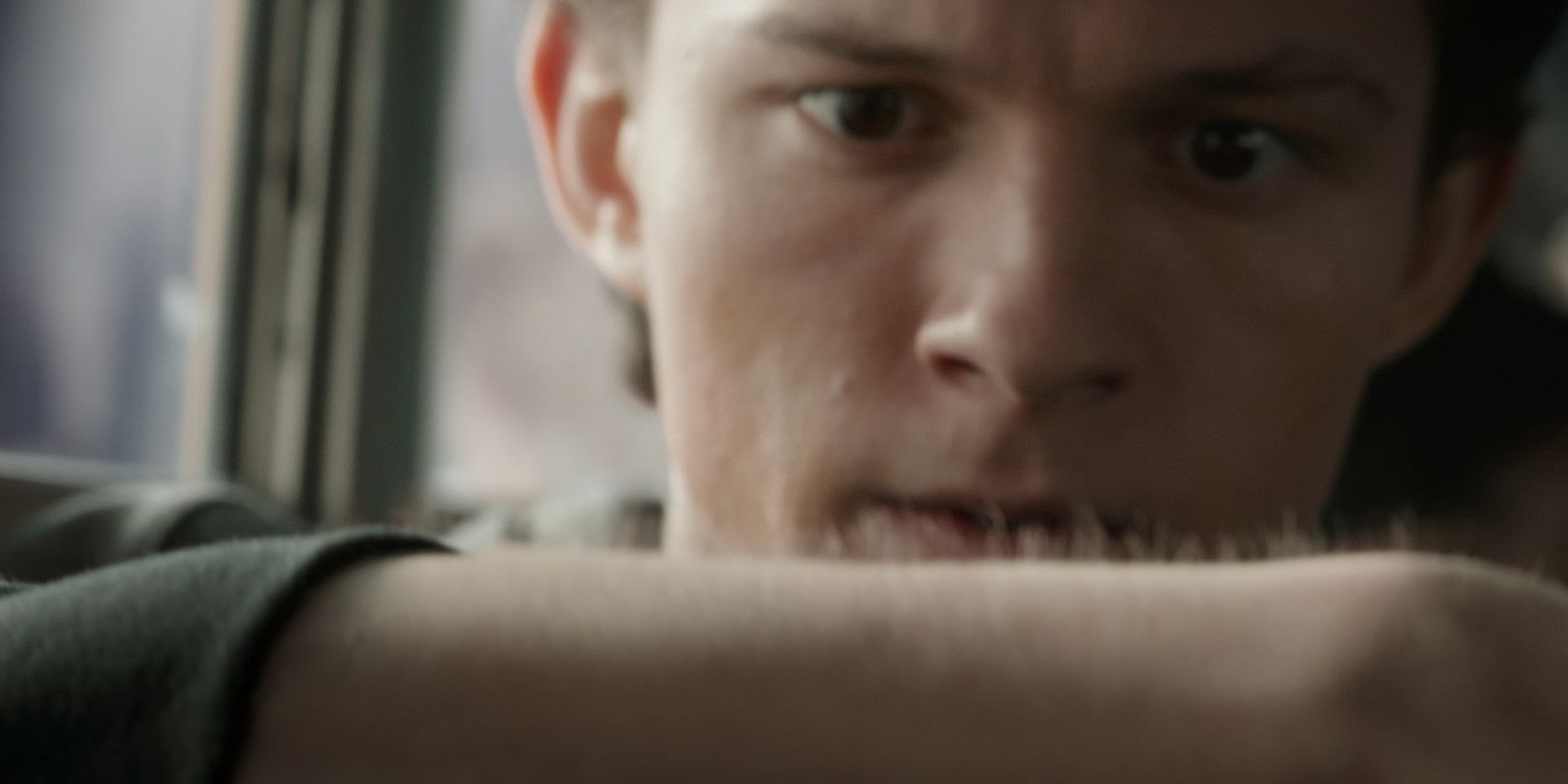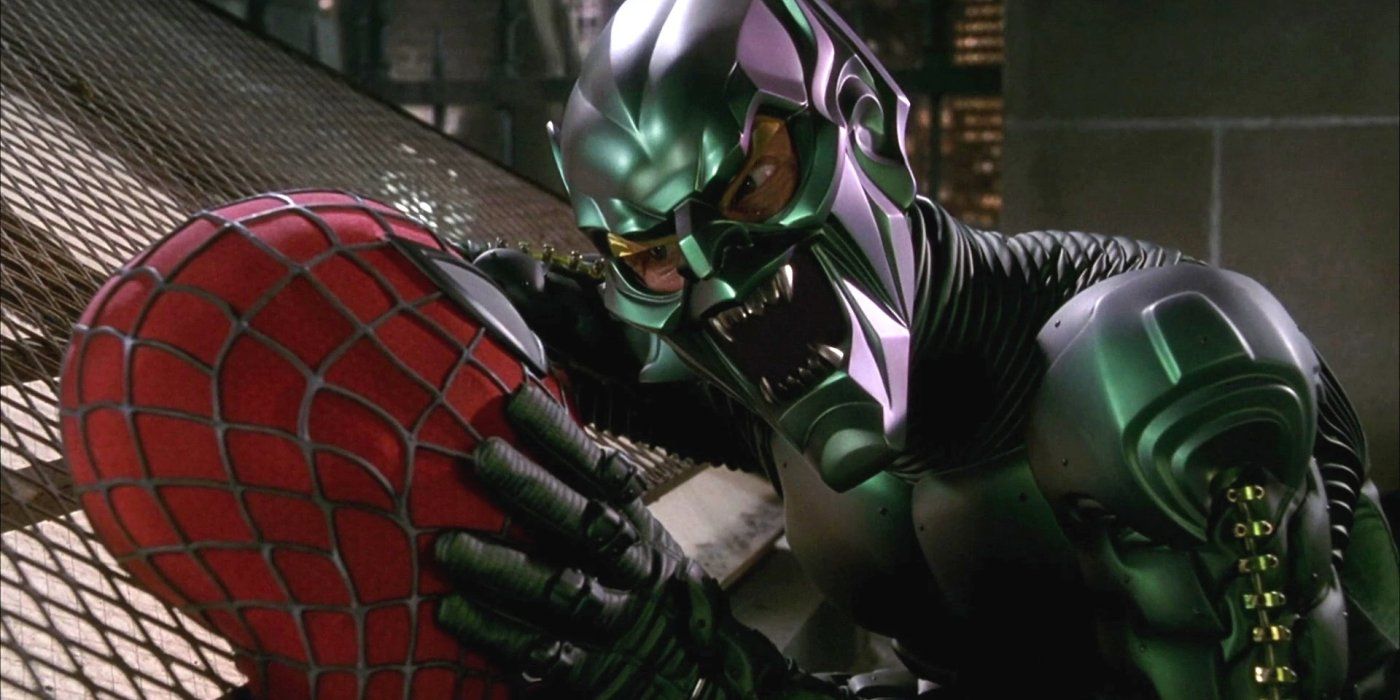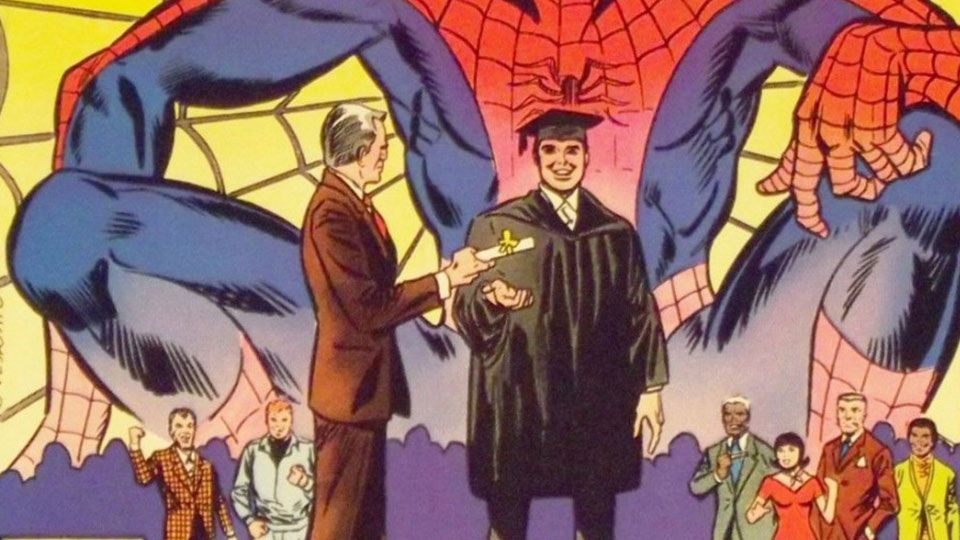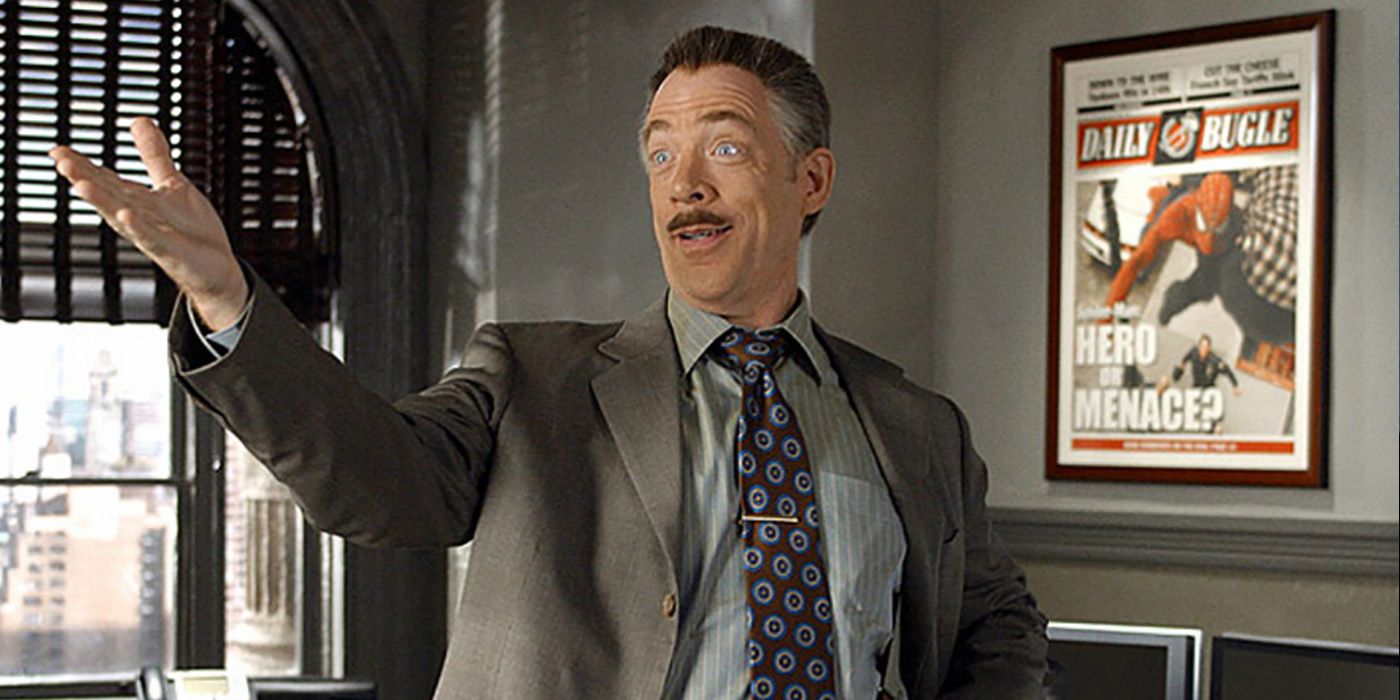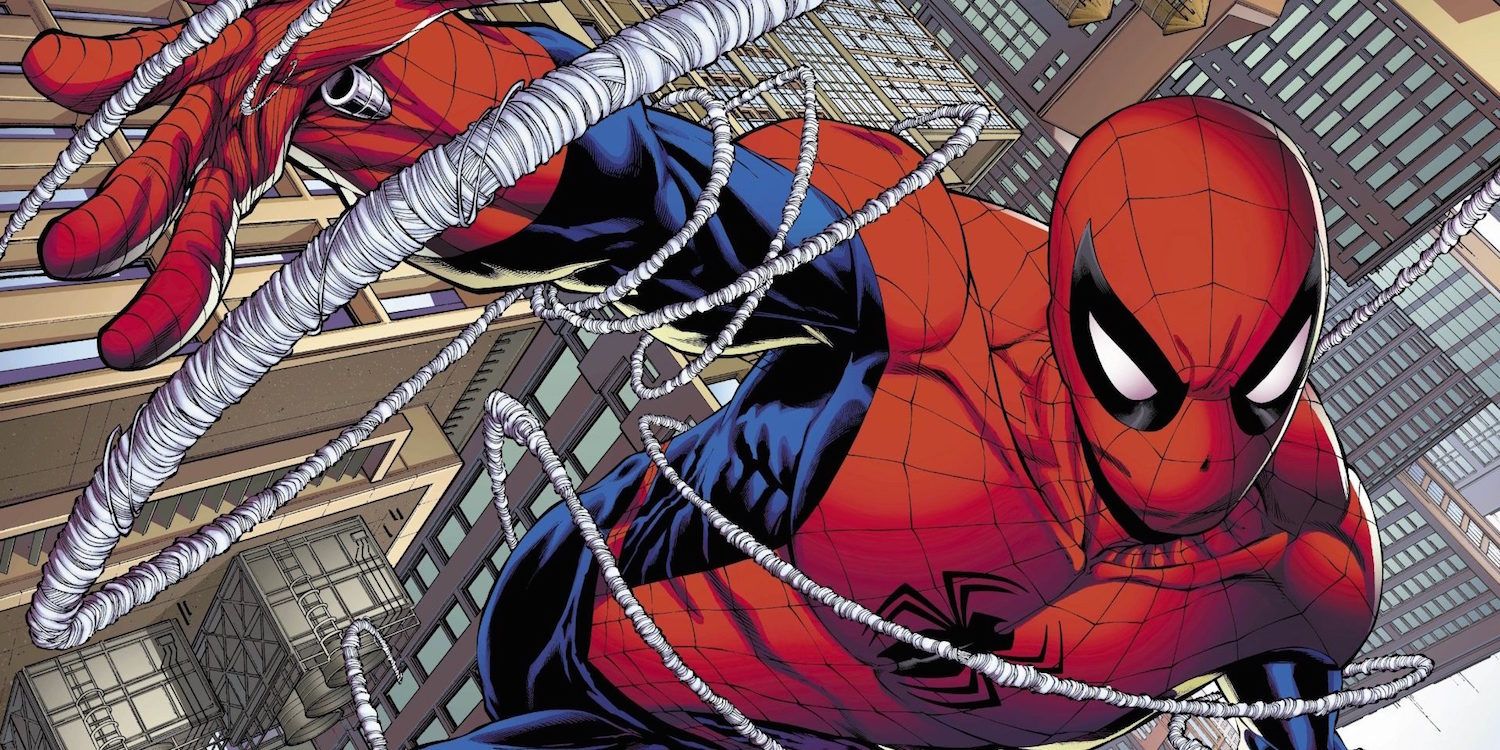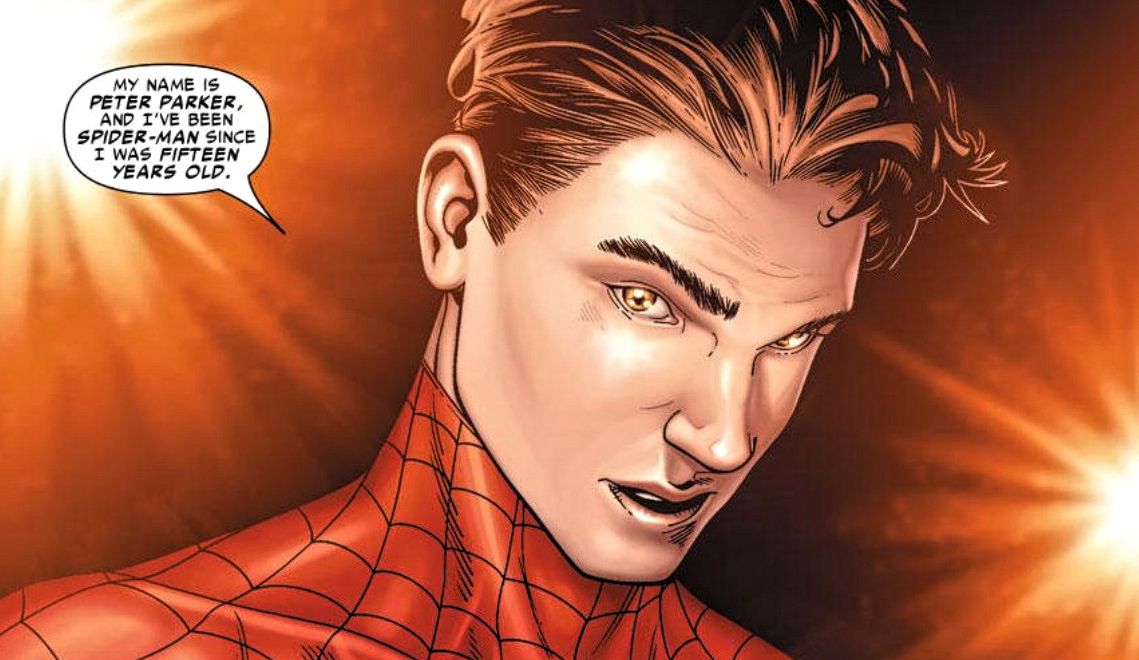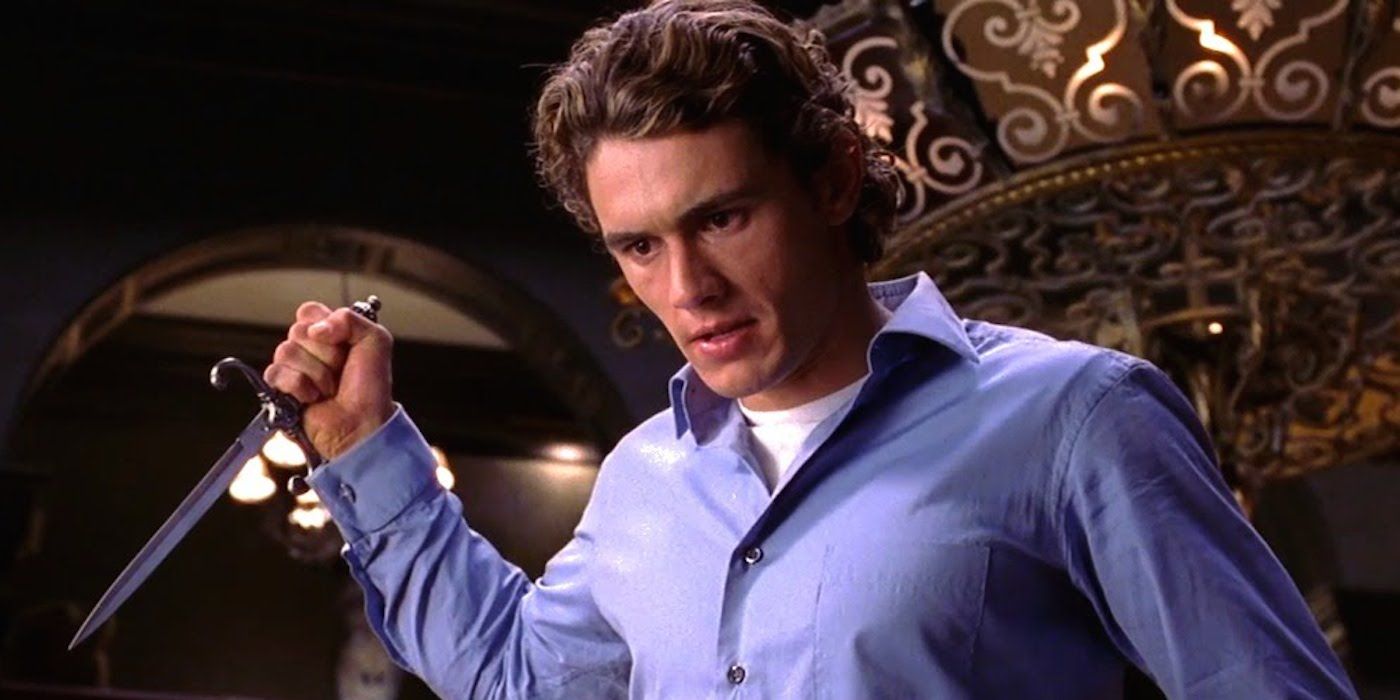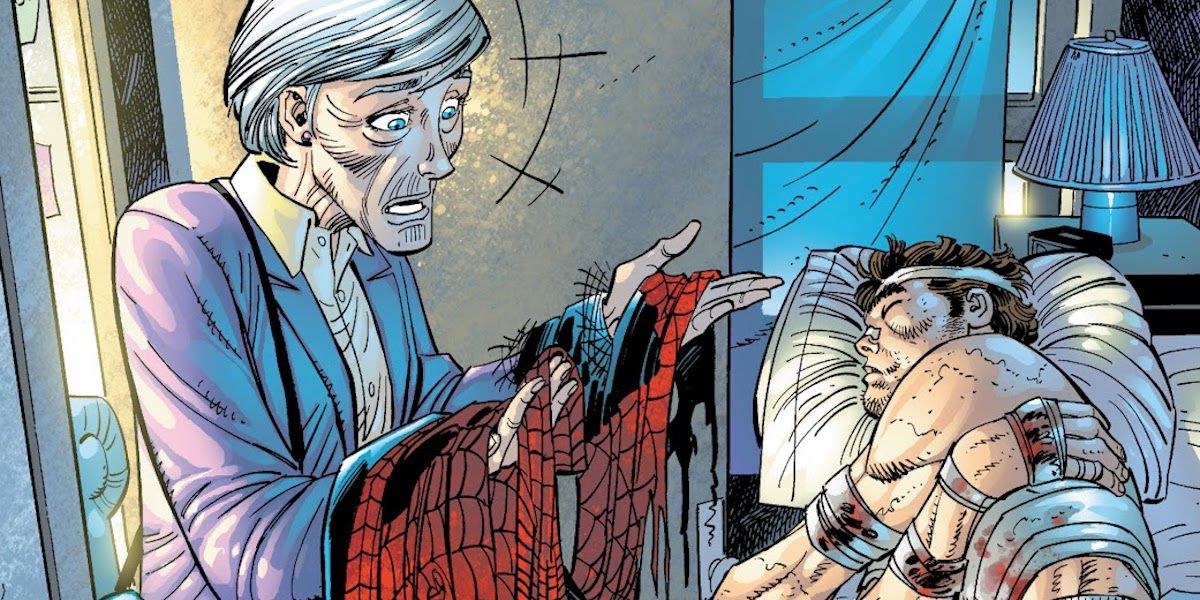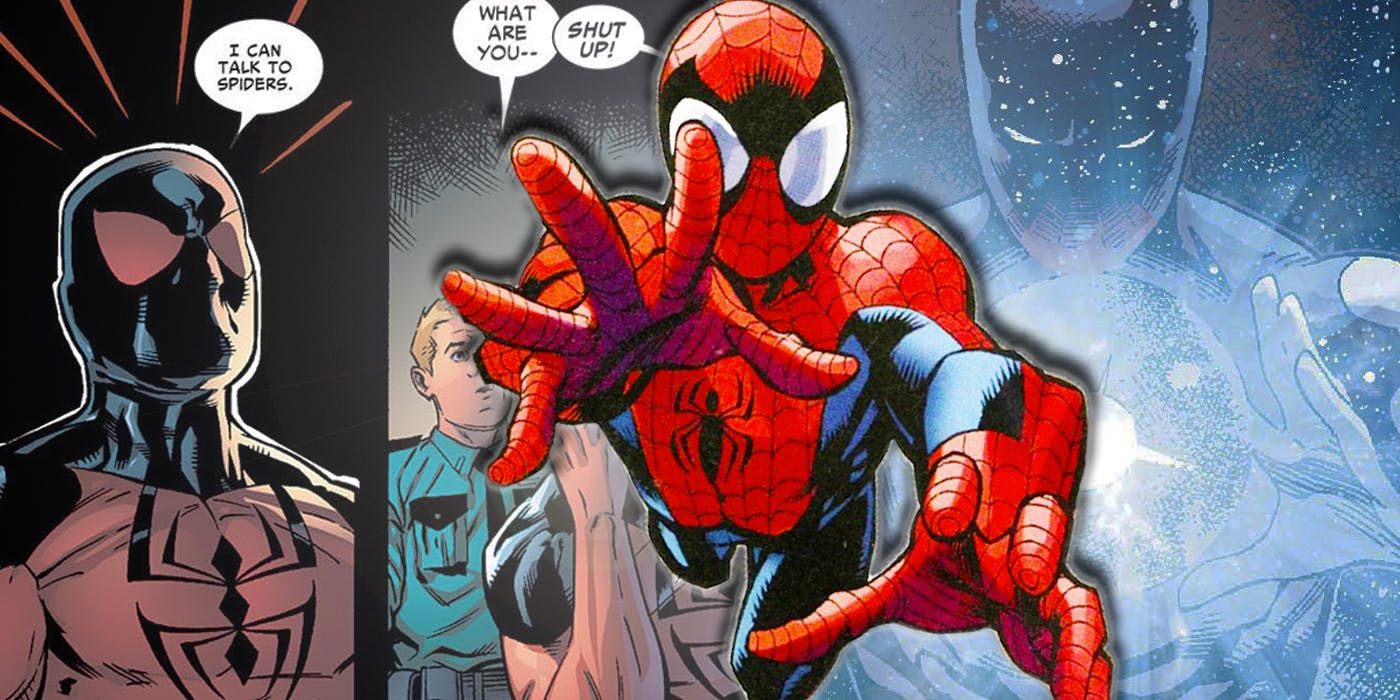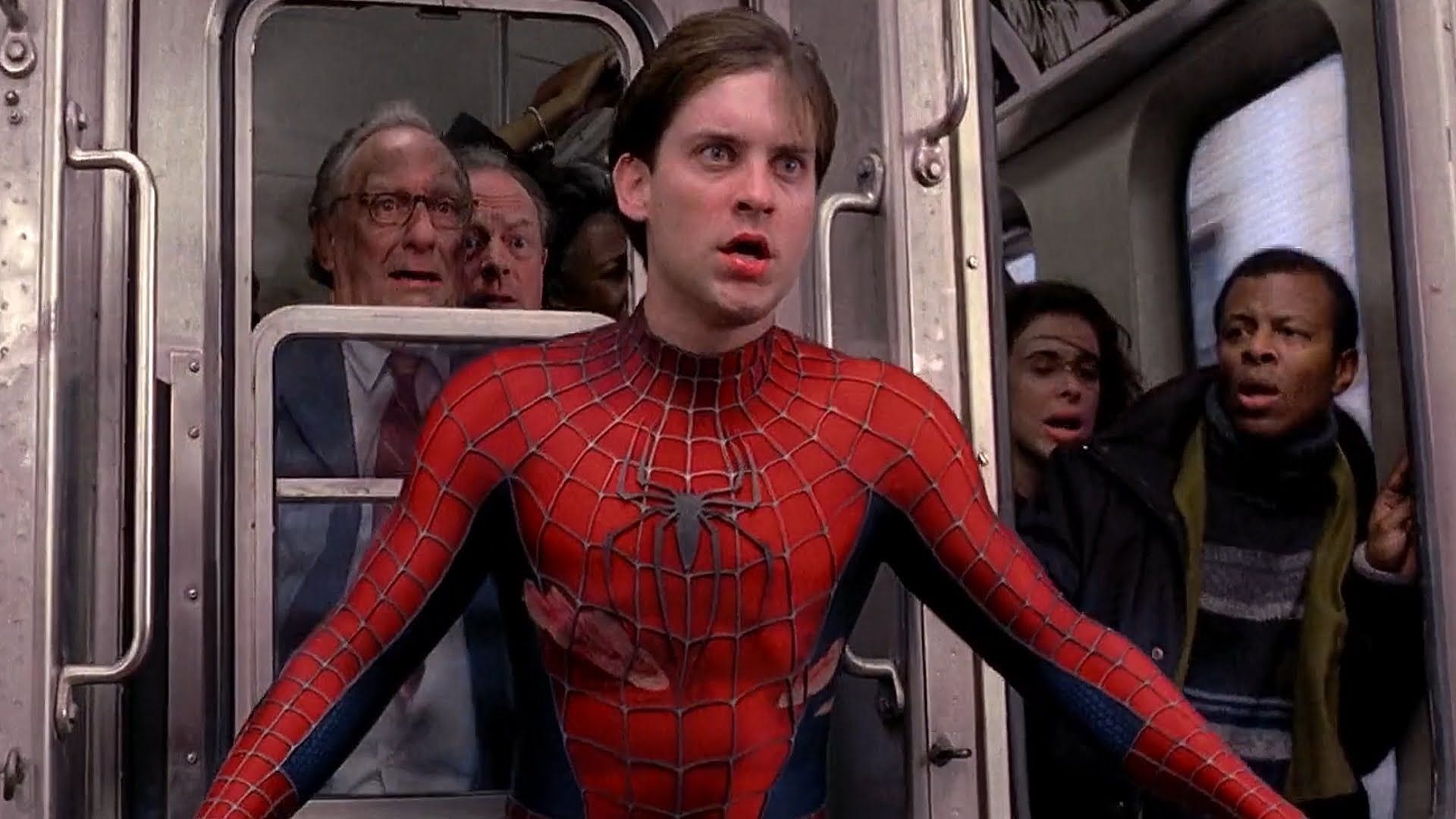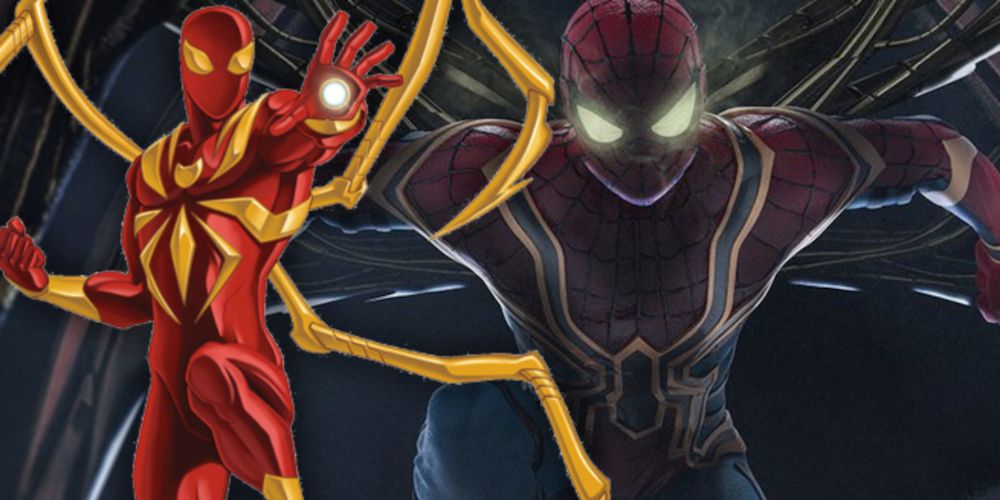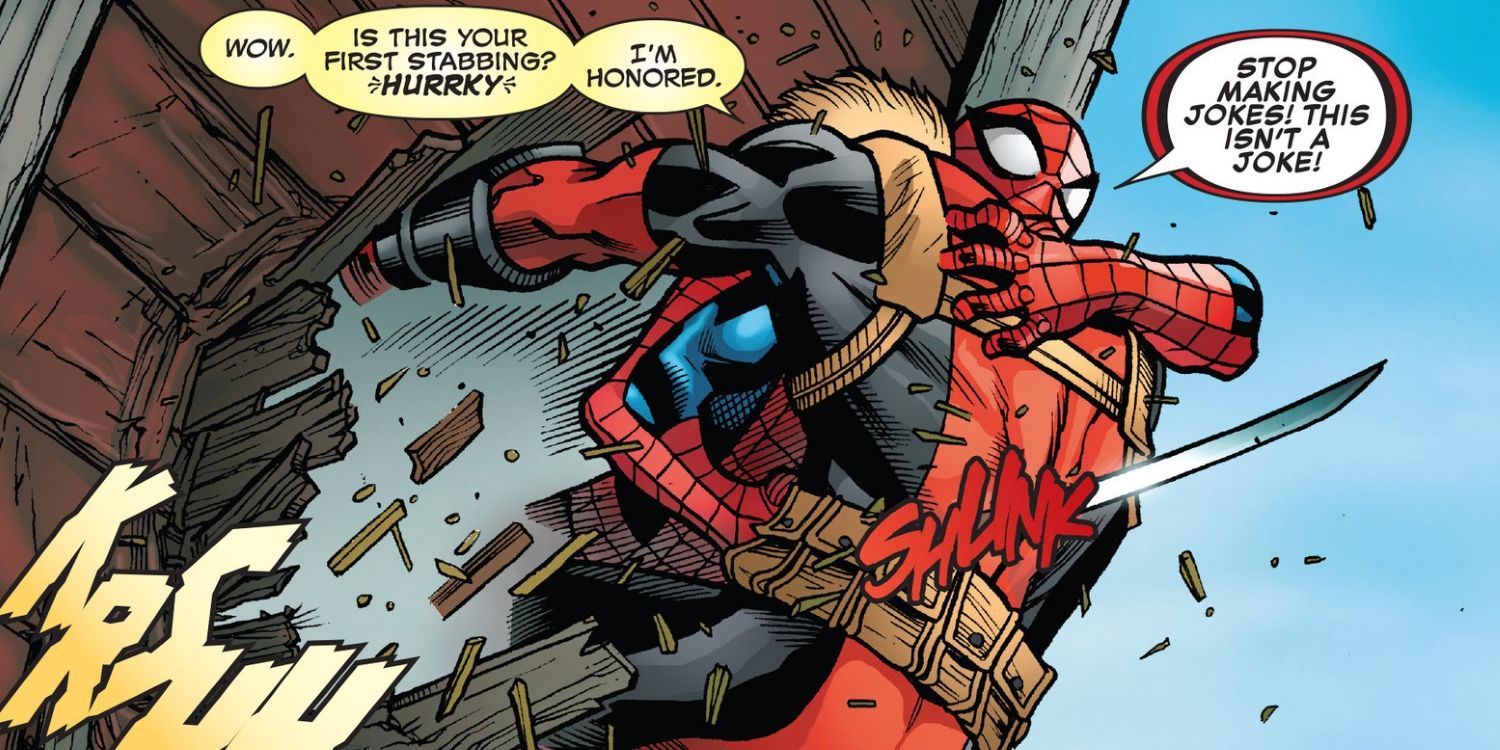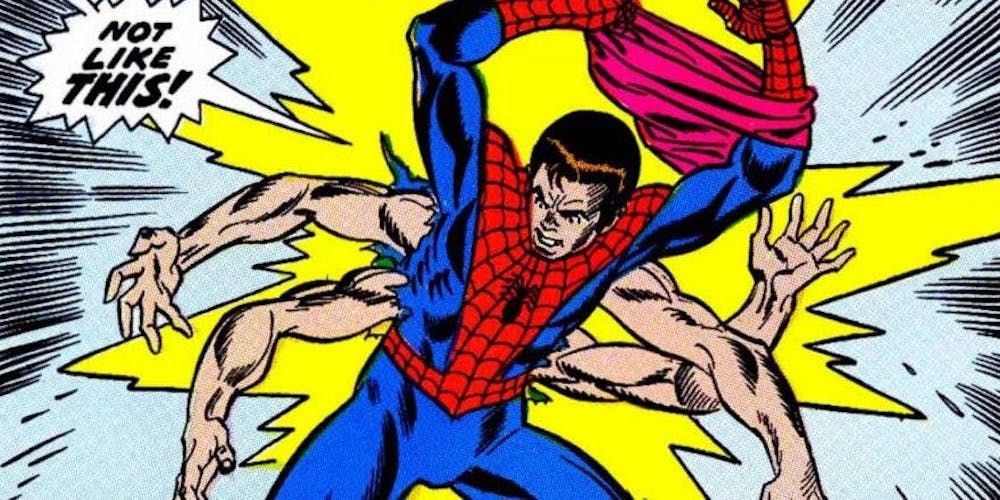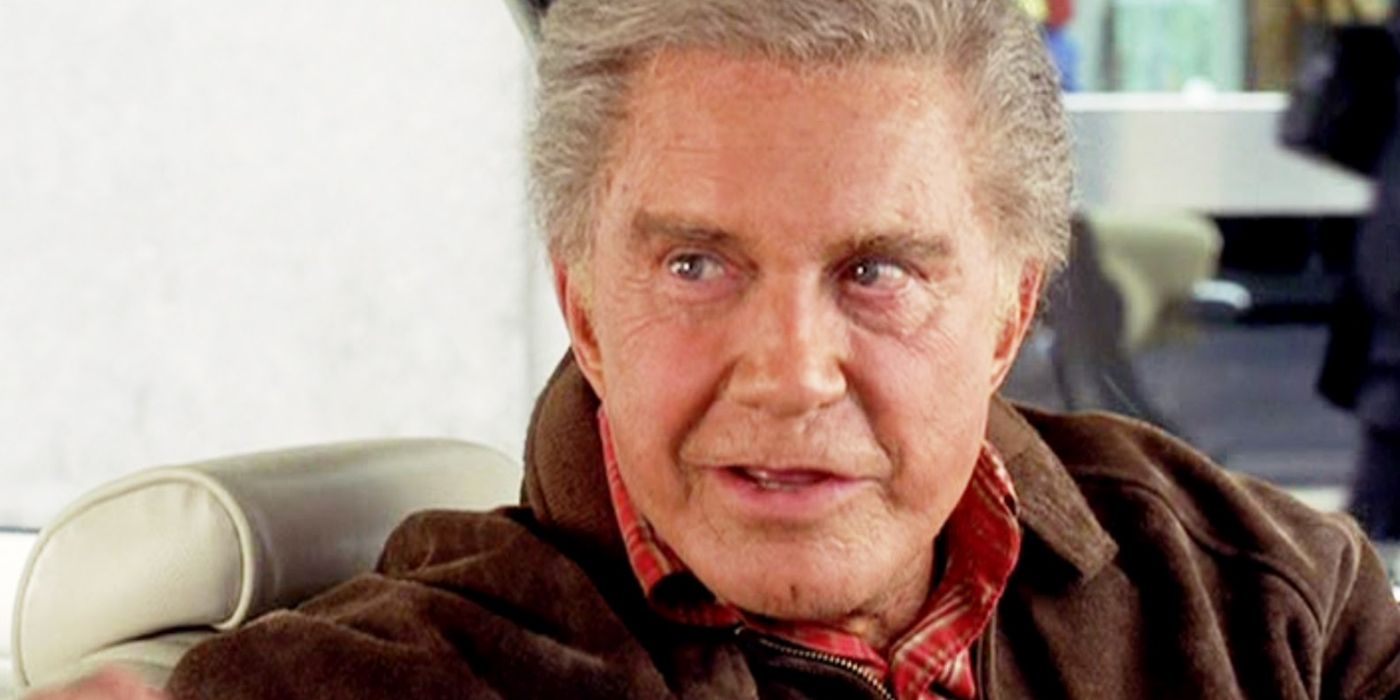Fifty years after he was first introduced in Marvel Comics, Spider-Man is still a prominent and popular superhero, arguably being the most famous superhero owned by Marvel.
The wall-crawling hero has earned himself literally thousands of comic issues over the years, and a certainly enormous fan base. Over time, we have seen a number of different version of Spider-Man, both in the comics and in movies like Spider-Man: Homecoming.
Spider-Man is possibly the greatest hero to ever come out of Marvel, with his co-creator Stan Lee taking a great deal of personal pride in the web-slinger.
In the past 11 years, Spider-Man movies have made a cumulative gross of nearly $5 billion at the box office, which is a truly remarkable feat.
His box office numbers are nearly as high as Batman's, which is impressive considering how Batman is arguable more iconic in comparison to any of Marvel's heroes.
Throughout Peter Parker's countless iterations, however, there are some things about the superhero that don't always make the most sense.
While most versions of Spider-Man are well thought out, occasionally something comes along so nonsensical that it breaks a lot of the establishment already set up for the character.
Furthermore, there are even things about Peter Parker that make no sense whatsoever, despite them being an essential part to his character.
With that said, here are the 20 Things About Spider-Man That Make No Sense.
His Inconsistent Spider Sense
One of Spider-Man's coolest abilities is his Spider-Sense, which is a tingling feeling he gets whenever there is forthcoming danger. As cool as this super power is, it is monstrously underutilized in both Spider-Man's comics and movies.
In movies like Spider-Man: Homecoming, the idea of spider-sense wasn't present at all.
In fact, spider-sense was not introduced in the Marvel Cinematic Universe until Avengers: Infinity War, despite it being Peter Parker's third movie in the franchise.
While it was great to finally see Peter's spider-sense come into play, the movie failed to explain why he never had it before that point, creating a pretty decently sized plot hole for the series.
In the comics, Spider-Man almost always has spider-sense, except when it is inconvenient for the writers to include it. Spider-Man will sometimes find himself in situations where his spider-sense easily could have solved the issue, but from a storyteling perspective, it is better at these moments to instead see him fail.
Because of this, Spider-Man's spider-sense will not be tingling at times of danger, without any explanation as to why this essential superpower is not present at the time. While it does help the story move along smoothly, it also creates a pretty large plot hole.
He Has A Personal Connection To Every Villain In Town
New York City has a population of over 8 and a half million people, so how is it that Peter Parker happens to have a personal connection to practically every person in town that becomes a super villain?
In the movies, the Green Goblin is his best friend's dad, Venom is his coworker, Sandman accidentally destroyed his uncle, and about half of his other villains were all Peter's mentors or teachers. At what point will a person that Peter doesn't know become a Spider-Man villain?
Having Peter know the villains personally helps from a storytelling perspective, as it's a way to show the villains' backstories without having to tell a completely separate story from Peter's.
However, when looking at every villain's back story, the trope of having them be connected to Peter gets a little old. While comic books aren't meant to be realistic, this is too unrealistic even for a superhero.
Even the movie Spider-Man: Homecoming featured a villain connected to Spider-Man, even if we didn't know about it during the first hour and a half of the movie.
In the comics, the Vulture almost had nothing to do with Peter Parker, but the movies decided to change this, making the Vulture into Peter's girlfriend's dad.
Maybe one day we will see a Spider-Man movie featuring a villain not connected to Peter Parker, but it probably won't be for several years.
He Was In College For 13 Years
When Spider-Man was first introduced in Marvel Comics in 1962, his story and aging seemed to take place linearly with the real world.
Essentially, one year in our world was one year in Spider-Man's world. When he was first introduced, he was a sophomore in high school, so it made sense that he graduated high school and started college in 1965.
This three year period set up the linear scale for Spider-Man's in-comic timeline.
However, despite starting college in 1965 in a comic-book where every year in the comic is a year in real life, Peter Parker did not graduate college until 1978.
In that time, Peter Parker easily could have received a doctorate, making himself into Dr. Peter Parker, or at least a Master's degree. Instead, Peter Parker left his 13 years at college with a basic Bachelor's degree.
While one can argue that maybe Peter failed most of his classes due to being Spider-Man, which was a subplot briefly touched on in Spider-Man 2, it still doesn't make much sense.
The comics almost always portrayed Peter as being the best in his class, despite his alter ego. Whenever Peter would struggle, he would get right on top of it and fix the issues, so he was most likely not failing any of his classes.
His Relationship With Betty Brant
If you watched the original Spider-Man trilogy and noticed J. Jonah Jameson's secretary Betty Brant, played by Elizabeth Banks, flirting with Peter in every movie, you were catching an ongoing nod to one of Spider-Man's most confusing romantic plots.
In the comics, Peter Parker and Betty Brant actually dated, which may not seem so weird if you only know Betty from the movies.
Though Elizabeth Banks and Tobey Maguire seemed around the same age in the Spider-Man trilogy, their characters in the comics had a massive age gap between them.
During the time that they dated, Peter Parker was around 15 years old, whereas Betty was somewhere in her mid- to late-20s.
The fact that Marvel's editors actually approved of this is almost as confusing as the relationship itself.
While the relationship is sort of pushing on being illegal, the comics never showed anything "happening" between Peter and Betty. However, the entire idea of the relationship still just doesn't feel right.
Fortunately, both of the different Betty Brant's we have seen in the movies (Elizabeth Banks's in the Spider-Man trilogy and Angourie Rice's in Spider-Man: Homecoming) have been about the same age as Peter Parker, so if we do ever see this relationship play out on-screen, it will thankfully be a lot less creepy.
The Inconsistency Of The Police Trusting Him
The Amazing Spider-Man showed on screen Spider-Man running into issues with the police throughout almost the entire movie, which was an element from the comics that we had never really seen on screen until then.
However, as cool of a story this "Spider-Man versus the police" tactic is, it is not always the most consistent in the comics.
In some comic issues, Spider-Man and the police will work alongside each other, almost like a buddy-cop story.
However, in other issues, without any explanation, the police will try to stand in Spider-Man's way, even trying to arrest him for being a vigilante and meddling with police affairs.
While both are cool stories that we love to see in the comics, it doesn't make much sense to see these stories switching back and forth between each other.
Fortunately, the events of the Civil War comic arc finally cleared things up for this plot hole, making the police definitively against Peter Parker.
While this wasn't a permanent fix, as the Superhero Registration Act from Civil War was eventually disposed of by Barack Obama in the comics (long story), it was still nice to see some explanation for this confusing aspect of Spider-Man's career.
His Various Levels Of Super Strength
As many Marvel fans know, Spider-Man is one of the comic book world's strongest superheroes, even beating the Hulk a couple times throughout his character's history.
However, despite being one of Marvel's strongest heroes, Spider-Man's level of strength varies from comic to comic and movie to movie.
Some days, Spider-Man will struggle to stop a 4 ton car or truck. On other days, he will lift a 62 ton tank with ease, barely breaking a sweat. It all depends on the day or, more accurately, the writer.
While it is very important to see a hero struggle, which can easily be done for Spider-Man by "nerfing" his super strength, it isn't always the most accurate to his abilities.
It makes a good story to see Spider-Man struggling to stop a car, but not if we saw him lifting something 15 times larger a couple issues earlier.
With that in mind, it is safe to say that Spider-Man: Homecoming is the most accurate movie regarding Spider-Man's super strength.
While we do see him struggle in terms of strength in the movie, they are accurate, logical moments of weakness, such as trying to hold together a large ferry or unburying himself from a collapsed building.
He Works For A Man Who Consistently Tries To Ruin His Name
When Peter Parker first started working for notorious editor J. Jonah Jameson at the Daily Bugle, he did it as a part-time job during high school.
However, decades later, he still works for Jameson. The biggest issue with this is that all Jameson does with his paper is try to ruin Spider-Man's name, constantly using headlines and content shedding the web-slinger in a negative light.
While it is understandable why Peter Parker would work for the Daily Bugle during high school as a part time job, the fact that he actually continued to work for the Bugle as a career makes absolutely no sense.
While some comics occasionally feature Peter Parker working at a lab, actually using his Bachelor's degree, he almost always ends up going back to the Bugle.
Not only does this not make sense when considering what Jameson does with the material that Peter Parker gives him, but it also makes no sense considering how poorly Peter is paid.
Jameson barely pays Peter any money for his work and, while Peter does manage to scrounge up a bit more cash for his photos the longer he works there, he still lives paycheck to paycheck.
Peter Parker is incredibly intelligent, so it doesn't make sense that being a photographer for someone as awful as J. Jonah Jameson would be treated as a permanent career option for him.
The Science Of His Web Fluid
There are a lot of logical issues with Spider-Man's iconic web fluid. The first major issue is the fact that even making webs that strong from fluid is scientifically impossible.
While it is theoretically possible to create webs out of nothing but fluid, they would not be nearly as strong as they are depicted in the Spider-Man comics.
They wouldn't be able to keep a destroyed boat together, let alone lift people off the ground or stop things from falling.
Even if you tangled thousands of spider webs together to make one, stronger web, it still would not be able to accomplish the feats shown with Spider-Man's webs. As cool of a power as it is to see, it's just not possible.
The second issue is Spider-Man running out of web fluid. As we've seen many times throughout the comics, Spider-Man's web-fluid does run out, sometimes sooner than it should.
The inconsistency of Spider-Man's web fluid running out or not running out doesn't always make the most sense, with it only ever running out to seemingly further the plot or to make a joke.
Additionally, we've never even seen Spider-Man running out of web fluid in the movies. It would've been nice to see this factor for the hero at some point on screen.
He Has Managed To Keep His Identity A Secret For Half Of A Century
With a few minor exceptions, Peter Parker has managed to keep his alter ego of Spider-Man an absolute secret to almost everyone.
While those close to him like Mary Jane and Aunt May eventually discovered Peter's secret, his regular villains never found out who he was.
It's completely illogical that no one on the evil side of the comics would discover Peter's true identity. Most of Spider-Man's villains are supposed to be super geniuses, yet none of them could piece together the obvious clues of Spider-Man's true identity.
During the Civil War event in the comics, Peter actually revealed to the public his secret identity, seemingly putting an end to this plot hole. However, after making a deal with Mephisto, he returned to having a secret identity that, once again, no villain could find out.
The villains in the movies are seemingly a lot smarter than their comic book counterparts, as they are actually able to decipher the clues and figure out Spider-Man's secret identity.
This is because the movie villains typically don't return after their on screen appearances, whereas the comic book villains keep coming back. Keeping the identity secret to the comic villains keeps the stories interesting and believable.
The Science Of His Web Fluid In Spider-Man (2002)
Many Spider-Man fans who never read the comics were very confused by The Amazing Spider-Man when it showed Peter Parker making his own web fluid rather than having the webbing shoot directly out of his wrist.
However, as comic book fans know, the idea of the webbing coming directly from Spider-Man's wrists did not originate in the comics, and instead was created completely for the movies in order to not waste time showing Peter developing the web shooters.
However, the idea of the webbing growing and developing inside of Spider-Man is just kind of crazy to consider.
While it can be explained that he grew some glands that would allow him to shoot webs when he was bitten by the spider, it still doesn't add up on a scientific level.
Spider-Man 2 further ruined the logic of this ability. As great of a movie as Spider-Man 2 is, it did not make sense for Spider-Man's web-shooting abilities, along with his other powers, to inexplicably disappear.
While the idea of skipping Peter making a web shooter in Spider-Man was a good idea in theory to save time, it did not pay off down the road, becoming a serious logical issue as the franchise went on.
The Age Gap Between Himself And Aunt May
The largest complaint about Spider-Man: Homecoming is how young this iteration of Aunt May is. The latest Aunt May, who was first introduced in Captain America: Civil War, is played by actress Marisa Tomei, who is currently in her early 50s.
However, despite being the most inaccurate Aunt May to the comics, Tomei's Aunt May is arguably the most logically accurate.
In order to explain the age gap between Peter Parker and Aunt May, Peter's parents must have had Peter very late in their life. Aunt May is never described as a "great aunt" to Peter, and has actually been shown many times that she is his direct aunt.
As great of a character Aunt May is, both as a guardian and as a role model to Peter Parker, the approximate 60 year age gap between the two characters is a little illogical.
Regardless, Aunt May is still one of the best characters in the Spider-Man comics and movies. This is one logical fallacy that we are willing to look past because Aunt May is such an amazingly sweet character.
She almost makes us all wish we had an Aunt May, even if there was an inexplicable 60 year age gap between us.
His Relationship With Harry
Both in the movies and in the comics, the relationship between Peter Parker and Harry Osborn is rather... hairy. Harry and Peter, as we all know, have a history of friendship together that Peter certainly does not want to let go of.
On the other hand, there is the fact that Harry's father, on numerous occasions, has tried to take Peter's life, and the fact that Harry regularly sides with his father in this matter.
As many people beyond high school know, the friends you have in high school usually drastically change in the years after. While some people manage to hold onto their old high school pals, not everyone can, and many people have to learn to let go.
For whatever reason, this is something that Peter never wants to learn, even on the numerous occasions that Harry himself has tried to attack Peter.
Some may call it loyalty, but most people would call it stupidity.
In the comics and in the movies, Harry Osborn has a nag for hitting his head and forgetting everything. However, as helpful as this may be to Peter, he never seems to realize that Harry's memory will come back.
Instead of helping Harry realize his past in a better light during this time, Peter just acts like they are old friends again and waits for Harry to suddenly remember everything so he can go back to trying to destroy him. As Tony Stark would say, "not a great plan."
His Inconsistent Healing Factor
Spider-Man certainly has a number of super powers with inconsistent levels, and his healing factor is unfortunately one of them.
Spider-Man's healing factor has managed to get him out of a number of serious issues, allowing him to get back on his feet when normal men would crumble to the ground in pain.
It is a truly remarkable power that is one of Spider-Man's greatest abilities, at least when it works.
While there are times when Spider-Man's healing factor seemingly works like magic, there are also times when the healing factor barely works at all.
Spider-Man will be beaten to a pulp and not be able to get back up on some days, and other days he will walk the beating off as if nothing happened. This is another ability that is certainly underutilized and seemingly forgotten in favor of telling a good story about a hero with weaknesses.
The movies have also done a horrible job at portraying Spider-Man's healing factor.
Spider-Man (2002) included Peter losing a drop of blood from a cut he received an hour earlier as a major plot point that seemingly revealed his identity to the Green Goblin. Had his healing factor been more accurate to the comics, this would never have happened as his cut would have sealed back up in a matter of minutes.
His Complicated Parentage Story In The Amazing Spider-Man
The two Amazing Spider-Man movies added an unexpected twist to Peter Parker that we did not expect to see on screen: a deep and detailed backstory about Peter's parents working for Oscorp and having to go on the run after creating the radioactive spiders that later went on to bite Peter and give him his abilities.
It added a bit of depth and insight to the movie that we didn't expect to see.
Unfortunately, the entire backstory of Peter's parents was completely ludicrous. While some elements of the parentage story may have been "inspired" by the comics, which is a generous way to put it, the story as a whole really did not work.
The biggest issue is that Peter Parker was never meant to have some destiny as Spider-Man.
Peter was always supposed to be the unlikely one to become a superhero, making his transition into Spider-Man a truly remarkable and inspiring story.
However, The Amazing Spider-Man 2 essentially revealed that Peter's father destined for him to be Spider-Man, as the spider bite would only mutate people with their bloodline.
While this was a clever twist, it completely ruined the idea of who Spider-Man is supposed to be, in addition to making no sense. Peter's father's plan was completely based on coincidences, which should never have worked logically.
Fortunately, the series has been rebooted beyond this point, so we won't have to endure that nonsense any longer.
His Unused Ability To Talk To Spiders
After the events of Disassembled in the comics, Spider-Man gained the unusual ability of being able to communicate with spiders, insects, and other types of bugs telepathically.
While he couldn't control them like Ant-Man, he could still communicate with them. It's actually an incredibly useful ability that helps him have eyes seemingly everywhere, and at one point he even used it to deactivate a bomb.
The power is essentially an extension of his spider sense and proved itself to be a formidable addition to Spider-Man's list of abilities.
As fantastic as this ability is, Spider-Man never really used it after the first time he gained the power.
Since then, this ability has been long forgotten, despite being incredibly useful. Having eyes everywhere is an incredible ability that could have easily saved Spider-Man from getting into a number of snags.
Surprisingly, this strange ability was brought up in Spider-Man: Homecoming by Peter's best friend Ned who asked if he could talk to spiders. Peter quickly responded "no," clarifying that this ability does not exist in the movies.
However, it may be a power we see him gain over time in the Marvel Cinematic Universe, but we probably shouldn't get our hopes up too high.
That Time 30 People Decided To Keep Spider-Man's Identity A Secret In Spider-Man 2
Spider-Man 2 is a truly remarkable superhero movie, even receiving praise for Marvel Studios President Kevin Feige. However, the movie is not without its flaws.
One such flaw was the moment when Peter Parker revealed his identity to about 30 or more people on a train toward the end of the movie. It showed a moment of weakness for Spider-Man, for even though he saved everyone on board the train, he was still kidnapped by the villain.
While on the train, two boys handed Spider-Man back his mask and promised that they would never tell anyone that they know what Spider-Man looked like.
The thing is, the fact that 30+ people, including children, would not go bragging about seeing Spider-Man's face to their friends and family immediately after, or even months after, is completely nonsensical.
Humans love to gossip, and learning the identity of the most secretive and famous man in town would be the perfect thing to gossip about.
While it isn't likely that everyone on that train would tell everyone they knew about Spider-Man's identity, as surely a good chunk of them had some decency to them, there were certainly at least one or two who wouldn't have been able to keep their mouths shut.
Iron Spider's Changing Number Of Arms
This is a bit nit-picky, but the movie adaptation of the Iron Spider that we saw in Spider-Man: Homecoming and Avengers: Infinity War wasn't entirely the most accurate to the comics.
Rather than having three metallic arms like the suit did in the comics and in the animated series, the movie version of the Iron Spider suit had four arms coming out of it.
However, as weird of a change as this was, it was actually probably a good thing. The idea that Iron Spider only has three metallic arms in the comics is a little nonsensical.
Spiders have eight limbs, but the Iron Spider suit only leaves him with seven. All Tony Stark had to do when developing the Iron Spider suit was add one more metallic arm to the suit, and Spider-Man would've been a lot more accurate to the eight-legged arachnid he was named after.
Whether Iron Spider needs seven limbs or eight, we wish that Marvel would finally just make up their minds.
This inconsistency of his metallic arms gets a little annoying with each new iteration of the character. Even the LEGO version of the comic-book Iron Spider had four metallic arms, even though it was based on the version that only had three, so these numbers are all over the place.
His Relationship With Deadpool
There are a large number of Marvel fans who want to see Deadpool and Spider-Man team up in their own movie together, working together as best friends trying to save the world.
However, there are also a number of other Marvel fans who don't want to see this, as they know from the comics that Spider-Man and Deadpool don't actually get along.
The question is, are the people who think that Spider-Man and Deadpool are best friends wrong, or are they just reading different comics than the other group of Marvel fans?
While many comics have shown that Spider-Man seriously cannot stand Deadpool, considering him a total nuisance who never does anything to help the greater good, other comics depict Spider-Man having absolutely no grudges against the Merc with the Mouth whatsoever.
Some writers depicts Wade Wilson and Peter Parker as best friends, doing things like going to the movies and just hanging out in their free time.
Other writers depict Spider-Man as someone who avidly hates Deadpool, never wanting anything to do with him.
This is one inconsistency in the comics that will likely never be cleared up. Regardless, it would still be cool to see a movie starring these two characters, whether they get along well or not.
That Time He Grew Four Extra Limbs To Actually Become A Spider Man
In the comics, shortly after the passing of Captain Stacey, Spider-Man drank a concoction that he hoped would limit his spider abilities. He was sick of having super powers and wanted to go back to living a normal life.
However, things backfired when he woke up the next morning and found that his powers had increased.
The most prominent issue with this was that he grew four extra arms to give him a total of eight limbs, just like a spider. This is known as The Six Arm Saga.
While Peter did eventually manage to lose the extra arms with the help of Dr. Curt Conners, it was still a horrifying and absolutely nonsensical story arc for Spider-Man to go through.
Surprisingly, this story arc eventually led to a What if? series, which is a mini comic arc that will hypothesize on what would have happened in the comics if things had gone differently. This series looked into what would've happened had Spider-Man had to keep his extra arms.
Believe it or not, Spider-Man may have been better off with eight limbs, as he became a lot stronger with the extra limbs.
He even managed to save Gwen Stacey from falling, which was Peter's biggest regret in the mainstream comic line. Mister Fantastic even designed sleeves for Peter that kept his extra arms invisible.
All in all, this absolutely nonsensical plot may have been the better route for Spider-Man to take in the comics.
The "Great Responsibility" Line
Every Spider-Man fan seems to know the "great responsibility" quote uttered by Uncle Ben by heart. This inspirational quote became Peter Parker's words to live by in the comics, ultimately becoming his primary motivation for decades after.
Even the movies The Amazing Spider-Man and Captain America: Civil War featured some iteration of this quote, even if the words "great responsibility" were never mentioned specifically.
What many people don't realize, however, is that, "With great power comes great responsibility," is not the actual line from the comics. While that's what was said in the movie Spider-Man (2002), many people treat the quote as if it was straight from the comics, which is just not true.
The correct line in the comics is actually, "With great power, there must also come great responsibility." Obviously, this is a bit nit-picky, but for a line that becomes quoted so much and is so commonly associated with Spider-Man, it is a shame to see it become misquoted.
Hopefully, should there ever be another live-action Spider-Man reboot in the near future, the movie should actually get this iconic quote right. If we have to sit through another Uncle Ben saying the wrong quote, we might have to flip out.
---
Can you think of any other things about Spider-Man that don't make any sense? Sound off in the comments!


